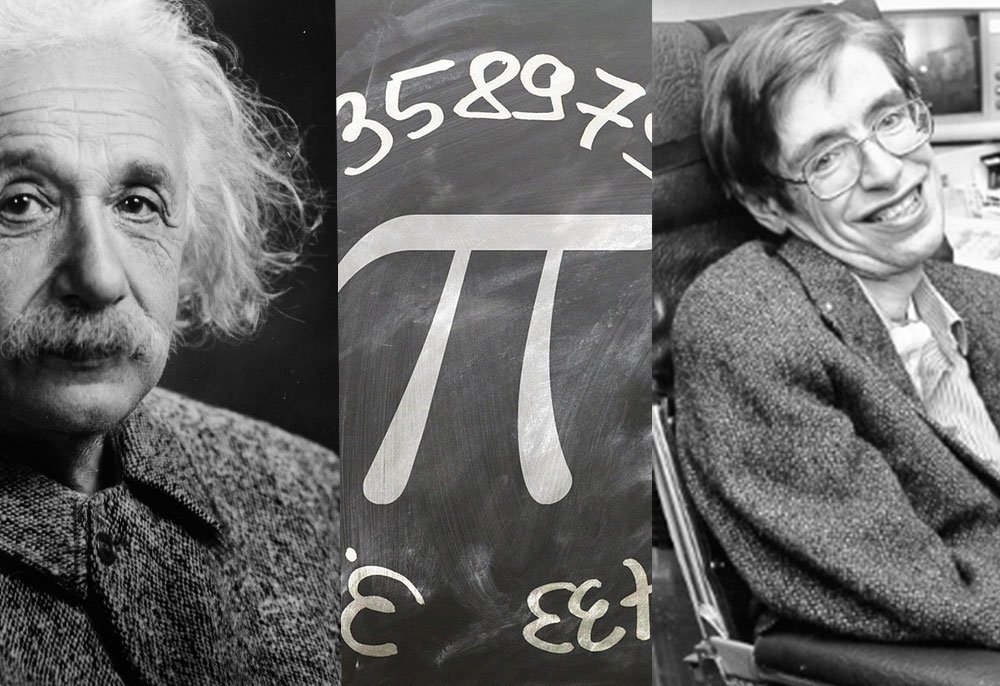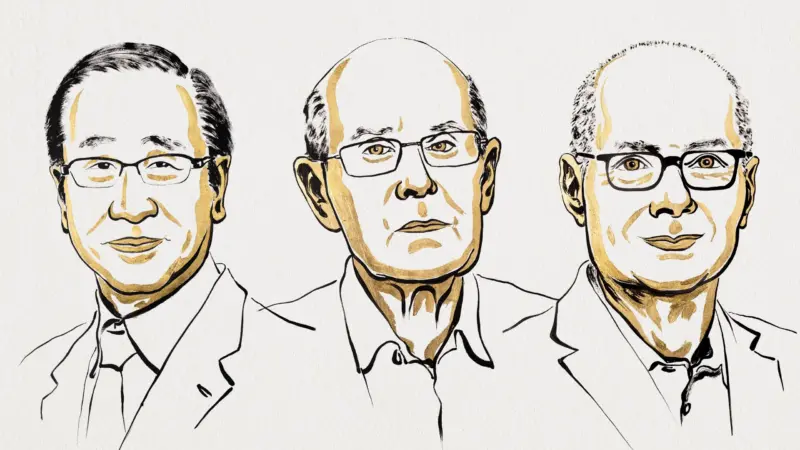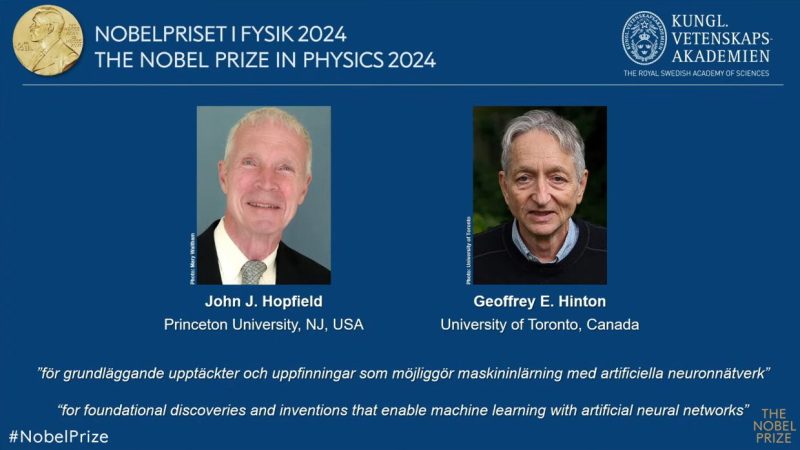Pi Day Through Time: From Einstein to Marx to Hawking

Welcome to a journey through time on this Pi Day. March 14 is celebrated around the world as Pi Day, in honor of the mathematical constant π, which begins with the digits 3.14. However, there’s more to this day than just celebrating a number. In this blog post, we’ll take a stroll through history and explore some of the significant events that have happened on this day throughout the years. From the birth of Albert Einstein to the release of the Linux kernel, and the death of physicist Stephen Hawking, we’ll uncover some of the lesser-known, but no less fascinating, facts that make Pi Day truly memorable. So, join us as we explore Pi Day through time, from Einstein to Linux to Hawking.
1794: Cotton gin patent
Eli Whitney’s invention of the cotton gin on March 14, 1794, was a significant milestone in the cotton industry. The cotton gin replaced the manual and time-consuming process of separating cotton fiber from seeds. This new invention increased the efficiency of the cotton production process, making it easier and faster to produce more textiles and clothing.
However, the widespread use of the cotton gin also had negative consequences. While it increased production and profits, it also increased the demand for enslaved labor in the United States, perpetuating the practice of slavery. Although the cotton gin is associated with the dark legacy of slavery, it still remains a noteworthy invention in American history, transforming the United States into a major player in the global cotton market. Pi Day reminds us of the impact that inventions like the cotton gin can have on industries and societies.
1879: Albert Einstein’s birth
Albert Einstein is considered to be one of the greatest minds in human history. Born on this day in Germany in 1879, Einstein revolutionized the field of physics with his theories of relativity. He proposed that the laws of physics are the same for all non-accelerating observers, and that the speed of light is constant regardless of the observer’s motion. This idea led to the famous equation E=mc², which states that mass and energy are interchangeable.
Einstein’s contributions to the scientific community were recognized in 1921 when he was awarded the Nobel Prize in Physics “for his services to Theoretical Physics, and especially for his discovery of the law of the photoelectric effect”. However, his work went far beyond this one discovery. His ideas have influenced not only physics but also many other fields such as philosophy, art, and culture. Even after his death in 1955, Einstein’s ideas continue to shape the world. His work laid the foundation for the development of nuclear energy and weapons, and his theories are still used to understand the behavior of the universe at large scales.
1883: The death of Karl Marx
While Karl Marx’s passing may not seem directly related to Pi Day, the significance of his ideas and impact on political and economic thought cannot be ignored. Pi Day is a day of celebrating unexpected connections and discoveries, and Marx’s ideas on societal structures and power dynamics have been influential in shaping our understanding of the world. Just as Pi Day reminds us to appreciate the unexpected connections in history and science, Marx’s legacy serves as a reminder of the importance of critical thinking and examining the systems and structures that shape our society.
1900: US gold standard
Moving ahead to the 20th century, March 14, 1900, was a significant day for the US economy as the Gold Standard Act was approved. This monetary system, which tied the value of the US dollar to a fixed amount of gold, remained in place until 1971. The adoption of the gold standard had a profound impact on the US economy and its place in the global financial system. It marked a shift towards more stable and predictable economic conditions, which allowed for growth and prosperity.
It’s fascinating to note that the adoption of the Gold Standard Act coincided with Pi Day, which reminds us that history is full of surprising connections and significant events. While the Gold Standard Act may seem like a dry and technical subject, it had a real impact on people’s lives and the course of history. The gold standard is still discussed by economists and policymakers today, making it a lasting legacy of the events that took place on March 14, 1900.
2018: Stephen Hawking’s death
On March 14, 2018, the world mourned the loss of Stephen Hawking, a brilliant theoretical physicist and cosmologist. Hawking was born on the same day in 1942, making him a Pi Day baby. Despite being diagnosed with ALS at a young age, he made incredible contributions to the field of physics and cosmology, particularly in the study of black holes. Hawking’s work and writings, including his famous book A Brief History of Time, have inspired countless people to pursue careers in science and to continue exploring the mysteries of the universe. On this Pi Day, we remember the life and legacy of Stephen Hawking and the incredible impact he made on the world of science.
2019: A pi record
On March 14, 2019, Google announced that Emma Haraku Iwao, a developer, had calculated pi to a record-breaking 31.4 trillion digits using Google’s cloud technology. This achievement demonstrates the vast potential of computing power and the ongoing quest to explore and discover more about Pi, a mathematical constant that has intrigued scientists and mathematicians for centuries. The development showcases how technology can help us push the boundaries of what we know and discover new insights into the world around us.
Pi Day is not just a celebration of a mathematical constant, but a celebration of the incredible events and discoveries that have occurred on this day throughout history. It serves as a reminder that the universe is full of surprises and mysteries waiting to be unlocked by science and mathematics. As we commemorate Pi Day, let us honor the great minds who have contributed to our understanding of the universe, and let us look forward to the exciting discoveries and connections that are yet to come. So, let’s raise a slice of pie to the wonders of the universe, and to the scientists, mathematicians, and curious minds who continue to push the boundaries of knowledge. Happy Pi Day!






